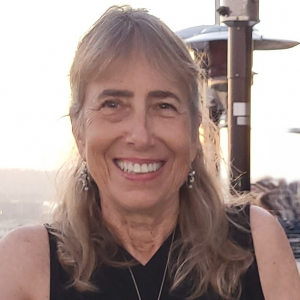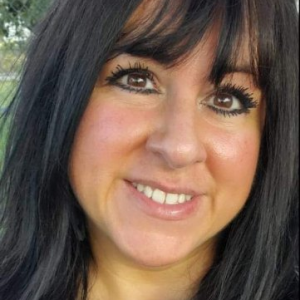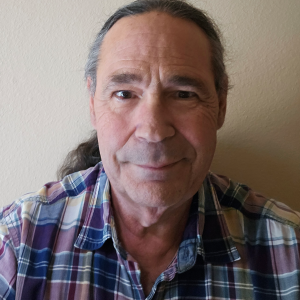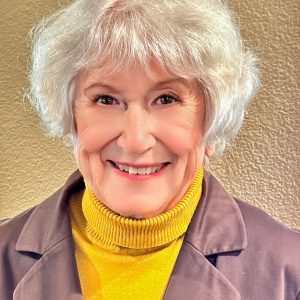History of The Dictionary Project
A Simple Gift Sparks a National Movement
The idea for Dictionary Project began in 1992 with Annie Plummer of Savannah, Georgia. She bought and donated 50 dictionaries to students at a nearby school. Inspired by the students’ reactions, she continued giving every year, raising funds to reach more classrooms. Over her lifetime, Annie raised enough money to distribute more than 17,000 dictionaries to children in Savannah.
The Idea Spreads Beyond Savannah
Annie’s passion caught the attention of Bonnie Beeferman from Hilton Head, South Carolina. Bonnie began raising money by selling crafts to fund dictionaries for local students. By 1995, requests from teachers grew beyond her capacity, prompting her to write a letter to the Charleston Post and Courier.
A Mission Takes Shape
That letter reached Mary French, a school volunteer and mother of two preschoolers. Moved by the cause, Mary joined the effort. She started with schools in Charleston and Summerville but quickly realized that meeting every school’s need would require larger-scale coordination.
Mary and her late husband, Arno French, formed a 501(c)(3) nonprofit in 1995. With a Board of Directors, Arno served as president and Mary became the program’s director. Together, they officially launched The Dictionary Project.
From South Carolina to the Nation
The project’s first goal was to give a dictionary to every third grader in South Carolina. That goal was met in 1999. In 2002, The Wall Street Journal featured the program, expanding its reach across all 50 states. Third grade remains the target age, as this is when students typically shift from learning to read to reading to learn.
Community-Driven Success
Since 1995, over 31 million students have received dictionaries. The project continues thanks to the efforts of individuals, businesses, and service groups like Rotary Clubs, Kiwanis Clubs, Elks Lodges, and Elks Lodges.
Each group customizes the project for their community, delivering books directly to classrooms. The dictionaries are gifts—students keep them and use them throughout their school years.
Evolving with Feedback
Every year, a new edition of the dictionary is published. Feedback from teachers, students, and parents helps guide improvements. Sponsors also offer additional tools like thesauruses, atlases, and bilingual dictionaries.
The Dictionary Project is funded entirely by donations and sponsors who bring the program to local schools. As a registered 501(c)(3) nonprofit, it operates in all 50 states, Washington D.C., the Virgin Islands, Puerto Rico, 9 Canadian provinces, and over 15 other countries.
History
The Team
Board of Directors









